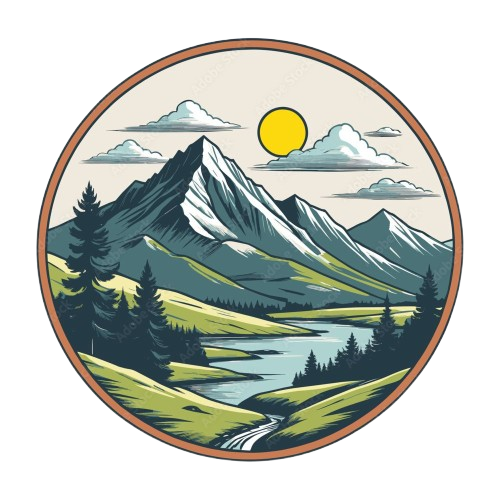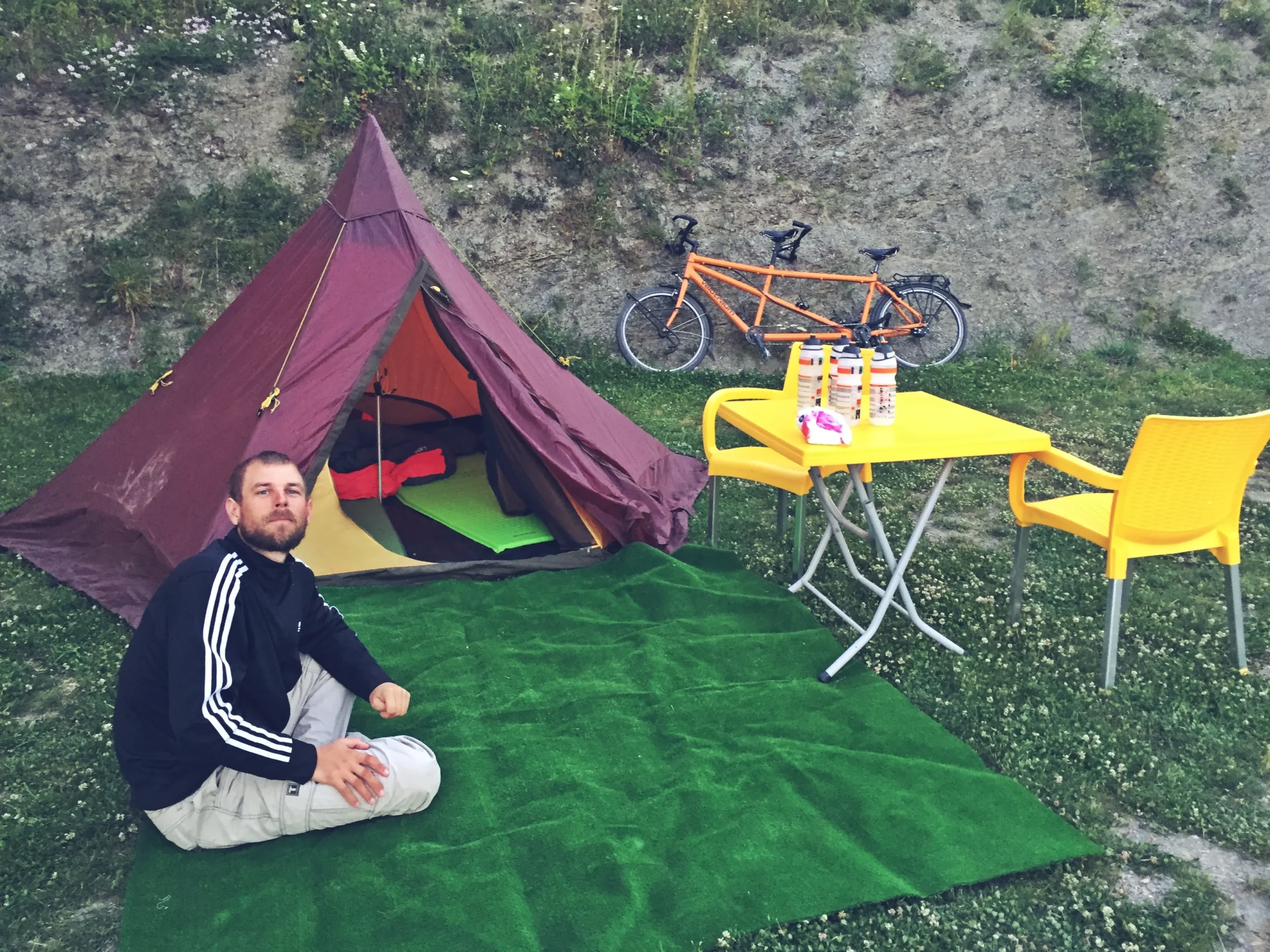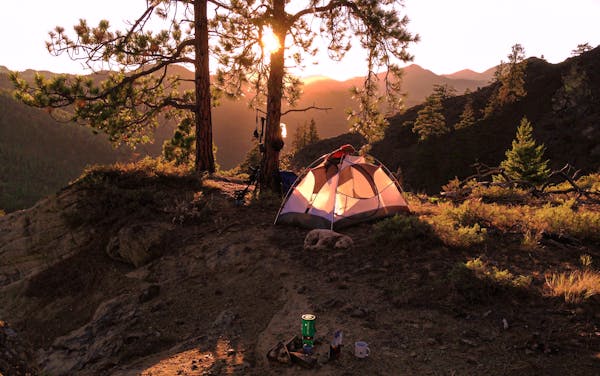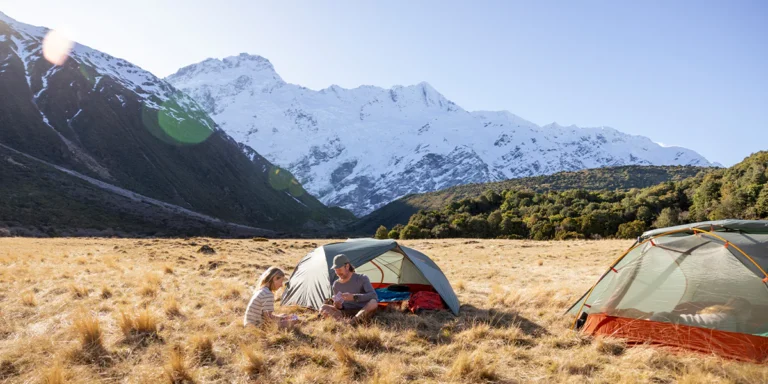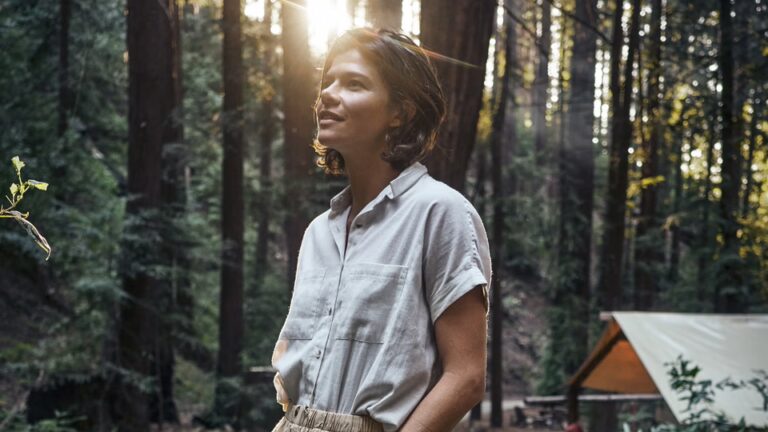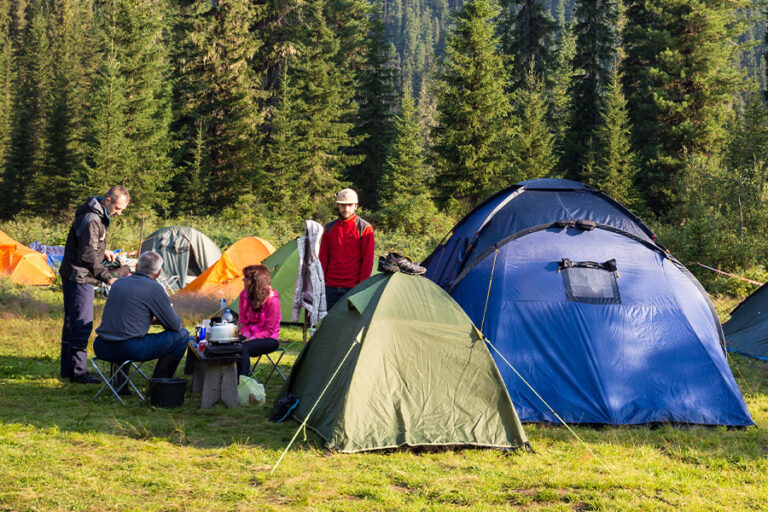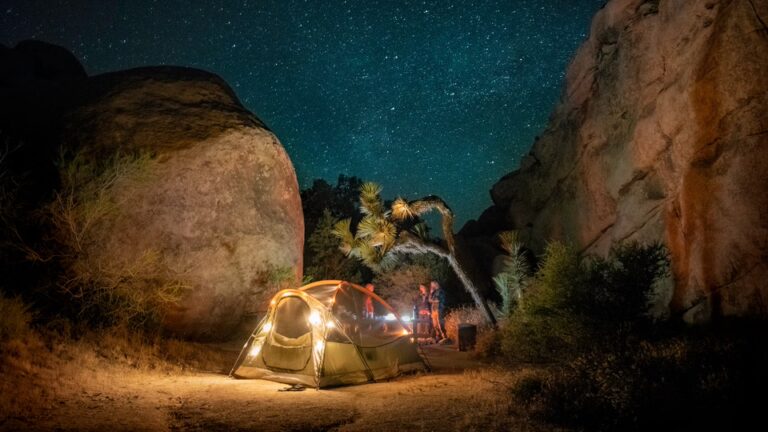The Off-Grid Camping Guide for Backpacking
You are committing to adventure in its most unadulterated form when you choose to go off the grid backpacking. Off-grid camping enables you to test your survival skills, get back in touch with simplicity, and fully immerse yourself in nature away from Wi-Fi, phone signals, and convenience stores. Although it’s liberating, it also necessitates thorough preparation, knowledge, and planning.
Everything from equipment and safety to food, water, and mental preparedness will be covered in this guide to off-grid backpacking.
Why Go Off-Grid Camping?
- True Escape – No buzzing notifications, no stress of deadlines—just you and the wild.
- Skill Building – Learn how to be self-sufficient by navigating, cooking, and surviving in the outdoors.
- Adventure & Discovery – Explore places few people visit, from hidden mountain valleys to untouched forests.
- Personal Growth – Being out of your comfort zone strengthens resilience and confidence.
Essential Gear Checklist
When off-grid, you can’t rely on modern conveniences. Bring gear that’s reliable, lightweight, and multifunctional:
- Backpack – 40–60L capacity, supportive straps, and weatherproof material.
- Shelter – Ultralight tent, bivy sack, or hammock with rainfly.
- Sleeping System – Sleeping bag rated for the season and an insulated pad.
- Navigation Tools – Compass, paper map, and optional GPS device (don’t rely only on digital tools).
- Lighting – Headlamp with spare batteries or a solar-powered lantern.
- Fire-Making Kit – Waterproof matches, lighter, and ferro rod.
- Cooking Gear – Compact stove, fuel canister, lightweight pot, and utensils.
- Water Filtration – Pump filter, gravity filter, or purification tablets.
- Clothing – Layered, moisture-wicking fabrics; weatherproof jacket; sturdy boots.
- First Aid Kit – Bandages, antiseptic wipes, pain relievers, blister care, and personal medications.
- Multi-tool/Knife – For repairs, food prep, and emergencies.
- Emergency Items – Whistle, space blanket, and satellite messenger if possible.
Food and Water Off-Grid
Food Tips:
- Prioritize lightweight, high-calorie foods like dehydrated meals, rice, oats, pasta, trail mix, jerky, and nut butters.
- Plan meals by day so you don’t carry unnecessary weight.
- Use resealable bags for portioning and minimizing waste.
Water Tips:
- Always know your water sources—rivers, streams, or lakes—before heading out.
- Carry at least 2L and refill whenever possible.
- Use filtration or boiling to make sure it’s safe.
Navigation and Orientation
One of the biggest challenges off-grid is finding your way.
- Study the route ahead of time with topographic maps.
- Mark potential campsites and water refill spots.
- Use natural signs like the sun, stars, and terrain for orientation.
- Practice reading maps and using a compass before your trip.
Safety and Survival Essentials
- Weather Awareness – Always check forecasts and prepare for sudden changes.
- Wildlife Safety – Learn about animals in the area, store food properly, and avoid risky encounters.
- Fire Safety – Follow Leave No Trace principles and know local fire regulations.
- Emergency Plans – Let someone know your route and expected return date.
Leave No Trace Principles
Being off-grid means respecting nature:
- Pack out all trash.
- Minimize campfire impact.
- Camp at least 200 feet away from water sources.
- Leave plants, rocks, and wildlife undisturbed.
Mental and Physical Preparation
Going off-grid is as much a mental challenge as it is physical.
- Condition your body with hikes carrying weight before the trip.
- Prepare for solitude—long stretches without human contact can be mentally taxing.
- Stay adaptable—the wilderness rarely goes according to plan.
Final Thoughts
Off-grid backpacking camping isn’t for everyone, but if you’re willing to step outside your comfort zone, it can be one of the most rewarding adventures you’ll ever experience. With the right preparation, gear, and mindset, you’ll discover freedom, resilience, and peace in the wilderness.
So pack wisely, tread lightly, and embrace the wild—because the best stories are written far from the beaten path.
